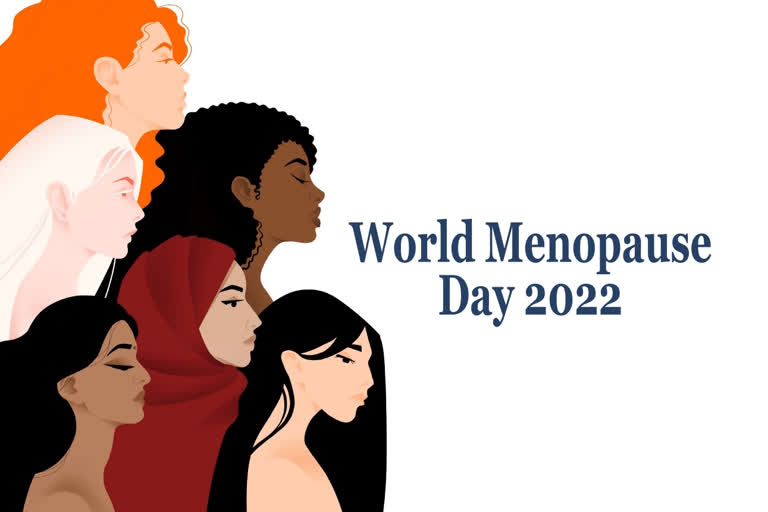Hyderabad: Since 2009, the International Menopause Committee (IMS) in collaboration with the World Health Organization has designated October as World Menopause Awareness Month and observes 18 October as World Menopause Awareness Day. The purpose of this day is to create awareness about menopause and to promote the support options available to improve women's health and well-being. Menopause, perimenopause, or post-menopause is a stage in a woman's life when her menstrual cycle stops. It ends a woman's reproductive years. In addition to reproduction, it also affects their health in many ways. No woman can escape this change in life.
Peri-menopause is the first stage of this process and can begin 8 to 10 years before menopause. Menopause is the time that ends a women's menstrual cycle. Menopause is considered to have begun if a woman does not menstruate for 12 consecutive months. Post-menopause is the stage after menopause. When a woman goes through menopause, there are many ups and downs in her life, both physically and mentally. Also, women may suffer from some diseases after it.
It is a normal part of aging which usually occurs between the ages of 45 and at this age, a woman's estrogen levels begin to decrease. In developed countries, the average age for a woman to reach this stage is 51 years. The average age of menopause in India was 46–47 years, which is much lower than in some developed countries. If a woman reaches it before the age of 40, it is called premature menopause, and about 1% of women under the age of 40 experience it. The reason for early menopause is not known in most cases:
- Autoimmune disorders in which there is an immune response to body organs such as the thyroid and ovaries.
- Genetic factors can be inherited in families.
- Infections or inflammatory conditions can damage ovarian tissue.
